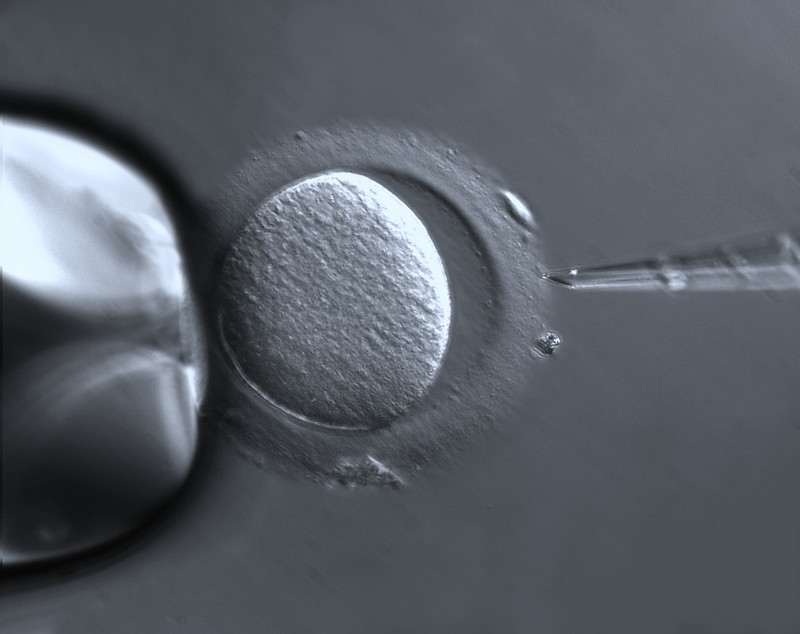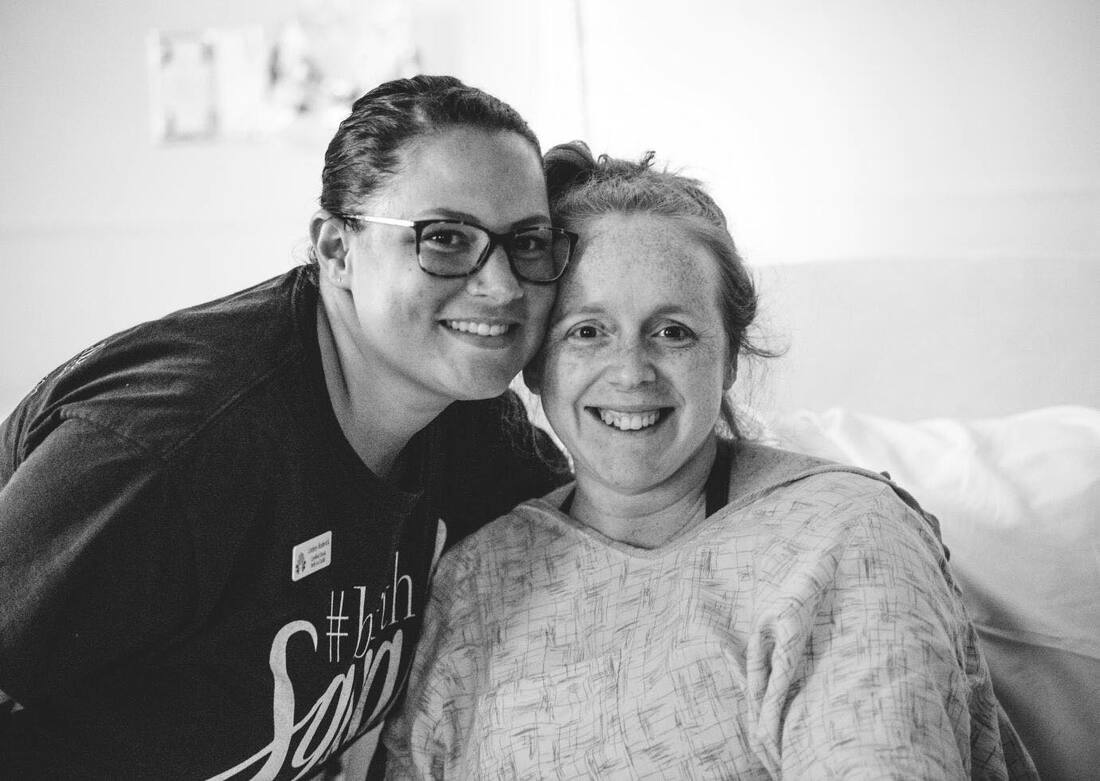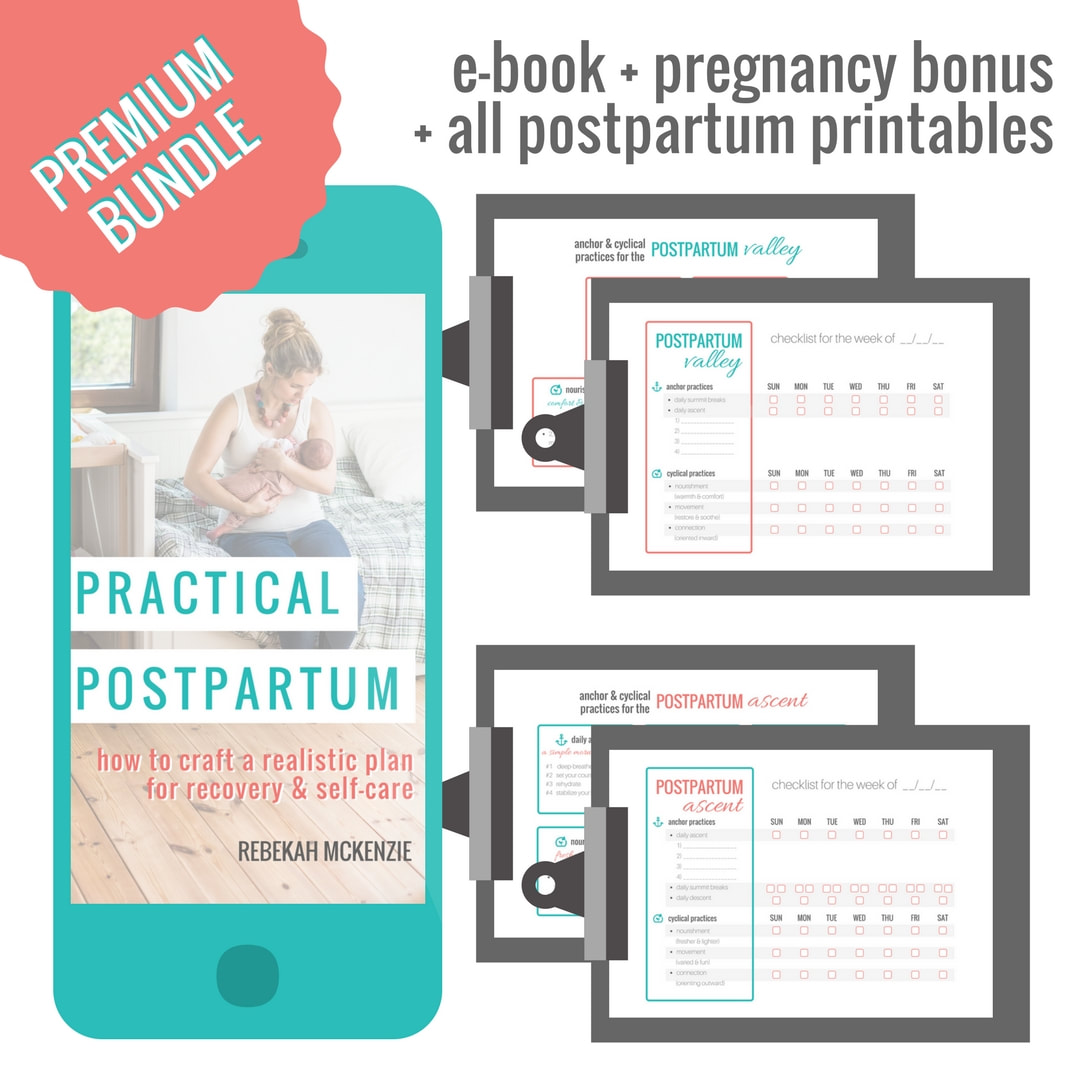|
While wildly popular for families seeking solutions to infertility in other places, surrogacy has not yet taken hold as a regular method of family growth in the Florida panhandle. In fact, this year, BEST certified doula, Lindsey Roderick was the first Belly to Cradle doula to ever be hired by a surrogate! "I was excited that someone saw the value in doulas even though their birth story wouldn’t be the 'norm' from the start," Lindsey says about her first interactions with Amber C., who was a surrogate for a couple who live overseas. A quick breakdown about surrogacy for those who may not know: surrogacy can have many variations, but generally there are two types of surrogacy, gestational and traditional. Traditional surrogacy is a more controversial and less popular approach in which a woman not only donates her own egg, but also carries the baby for a family. In gestational surrogacy, a gestational carrier is matched with a family (termed "intended parents" or "IPs") after intensive screening. This family may already have frozen embryos that are the result of combination their own egg and sperm, a donated egg and sperm, or their own sperm and a donated egg. One or two of these frozen embryos will be implanted in the gestational carrier's uterus after hormone therapy. Or, they may choose to create fresh embryos, the fertilization of which will be timed with the gestational carrier's hormone therapy so that they can be transferred into the surrogate's uterus immediately. Surrogacy is an incredibly invasive and lengthy process that can take years from the time a carrier is matched with IPs to the birth of the baby. This is an incredibly invasive and lengthy process involving testing, daily hormone injections, doctor's appointments, repeated embryo transfers, and travel that can take years from the time a carrier is matched with IPs to the birth of the baby. The emotional and physical toll that the process takes on not only the IPs but also the surrogate can be enormous. And in Amber's case, the distance, cultural differences, and the lack of knowledge her IPs had about pregnancy and birth compounded her need for support. "Surrogacy is definitely not for the faint of heart!" Amber says. "I chose a doula because I did a lot of research when deciding on surrogacy. There are a lot of medical things involved with surrogacy, so having someone that was not a doctor to be there for me who had a vast knowledge of pregnancy was very important." And, it was important that the doula care she received was customized to fit the special circumstances surrounding the birth process. Lindsey says that getting everybody on the same page was the first step, something that can be made more challenging by the contractual agreements that are necessary in a surrogate arrangement. "We had to make sure the entire team was cohesive--from her husband, to the IPs, to the provider and hospital staff. This required some additional communication." Communication was especially important between Amber and her husband since they were not the baby's parents. Amber says that her husband's focus was on making sure she stayed comfortable even though she was seeking a more natural approach. "He [had] a different emotional investment with this birth," she says. "This baby’s heath was important, but so was hers, and her ability to still safely keep her autonomy and advocate even while carrying someone else’s child." For all of us at Belly to Cradle, one of the most important aspects of doula care is insuring that the birthing woman always feels like her doula is the one person whose sole job is to care for HER. This became especially important for Lindsey during Amber's pregnancy and birth experience. "I never wanted her to feel like just a vessel. This baby’s heath was important, but so was hers, and her ability to still safely keep her autonomy and advocate even while carrying someone else’s child."
This support became even more vital when Amber faced multiple health scares that included the possibility of an early delivery--that the IPs might not be able to get to the United States in time for. Having a doula provided her with an additional level of support she needed during these times. "The carrier can't make sole decisions," Lindsey says. "Other opinions have to be taken into account which adds another level of complexity and working through risks and benefits." In the end, circumstances aligned perfectly; labor was held off until the perfect time, the IPs arrived with time for everyone to settle in for the birth, the hospital staff was lovely and caring in the midst of unconventional circumstances, and Amber had the experience she was hoping for. "I loved the support I received from Lindsey my entire journey and I truly believe it would not have been as great if it hadn't been for her!" Doula care for the win.
1 Comment
Leave a Reply. |
This is us.We are Women. We are Moms. We are here to help your family blossom. Archives
September 2019
Search
All
|
Building 4
Pensacola, Florida, 32504
We proudly provide
Childbirth Education, Placenta Encapsulation, Lactation Consultations & Doulas
in Pensacola, Milton, Pace, Gulf Breeze, Navarre, Crestview, Ft. Walton, Florida.
Copyright 2017, Belly to Cradle, LLC.
Photo Credits: Kayla Reeder Photography, Lynette Sanders Motherhood Photography,
Savanna Morgret Photography, Finding Beauty in the Ordinary Photography,
& New Light Birth Photography
|
|







